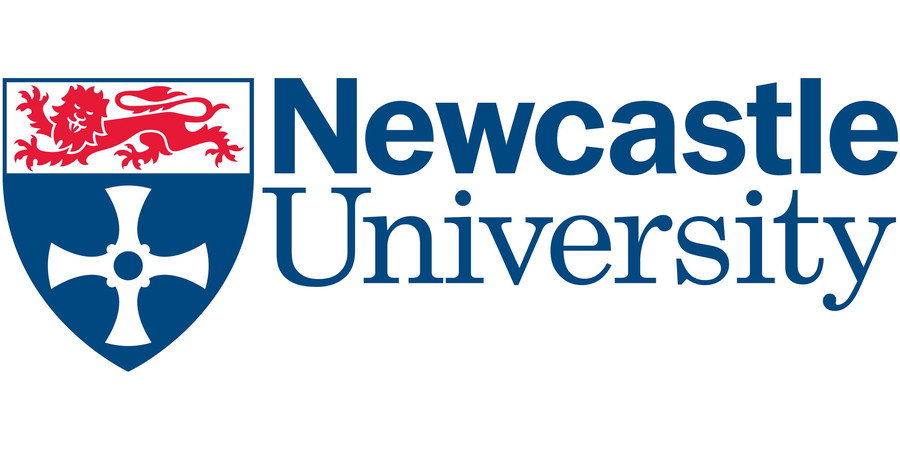Research Associate Genetic and Functional Analysis of Gram Positive Secretion Systems and Substrates
Newcastle University - Faculty of Medical Sciences
| Location: | Newcastle upon Tyne |
|---|---|
| Salary: | £35,116 to £45,413 per annum. |
| Hours: | Full Time |
| Contract Type: | Fixed-Term/Contract |
| Placed On: | 9th April 2025 |
|---|---|
| Closes: | 30th April 2025 |
| Job Ref: | 28073 |
We are a world class research-intensive university. We deliver teaching and learning of the highest quality. We play a leading role in economic, social and cultural development of the North East of England. Attracting and retaining high-calibre people is fundamental to our continued success.
The role
We are looking for a postdoctoral researcher who has expertise in the genetic manipulation of Gram-positive bacteria. You will be part of the Microbes in Health and Disease research theme in Newcastle University Faculty of Medical Sciences, as part of an ERC funded collaborative project to identify substrates of type VII secretion systems in bacterial species.
The project involves construction and characterisation of mutant strains of a range of Gram-positive bacteria and secretome analysis to identify substrate proteins. You will work as part of a large collaborative team (CombaT7) with three laboratories in Europe, with whom you will meet regularly.
Candidates with a background in Gram-positive genetic manipulation and phenotypic analysis are encouraged to apply.
This post is fixed-term for a period of 3 years.
For informal enquiries contact: tracy.palmer@ncl.ac.uk.
Find out more about the Faculty of Medical Sciences here: https://www.ncl.ac.uk/medical-sciences/.
Find out more about our Research Institutes here: https://www.ncl.ac.uk/medical-sciences/research/institutes/.
As part of our commitment to career development for research colleagues, the University has developed 3 levels of research role profiles. These profiles set out firstly the generic competences and responsibilities expected of role holders at each level and secondly the general qualifications and experiences needed for entry at a particular level.
Key Accountabilities
- Although working under the general guidance of an academic or Principal Investigator, the postholder will contribute ideas, including enhancements to the technical or methodological aspects of their studies, thus providing substantial 'added value'.
- Develop and carry out the specified project using appropriate techniques and equipment as outlined in the personal requirements.
- Determine appropriate methodologies for research, with advice and support where required.
- Contribute to grant applications submitted by others and in time develop own research objectives and proposals for funding.
- Begin to write, with appropriate support, proposals for individual research funding or, where funders do not permit this, contribute to the writing of collective bids.
- Assess research findings for the need/scope for further investigations.
- Contribute to the writing up of their research for publication and dissemination, either through seminar and conference presentations or through publications.
- Present research findings, either at conferences or through publications in reputable outlets appropriate to the discipline.
- May be involved in the supervision, with guidance, of final year undergraduate research projects and in providing support to postgraduate research students or Research Assistants.
- Will need to work with the support staff and, on occasions, with undergraduate and postgraduate students, and interact intellectually with other academic members of the Institute.
- May contribute to events celebrating the public engagement of science/social sciences/humanities.
- Develop an awareness of University structures, policies and procedures and relevant issues in the higher education, research, social and political environment.
- Work collaboratively as part of a multi-disciplinary team across multiple locations.
Qualifications
- A PhD in the research area required.
Advert information
Type / Role:
Subject Area(s):
Location(s):









